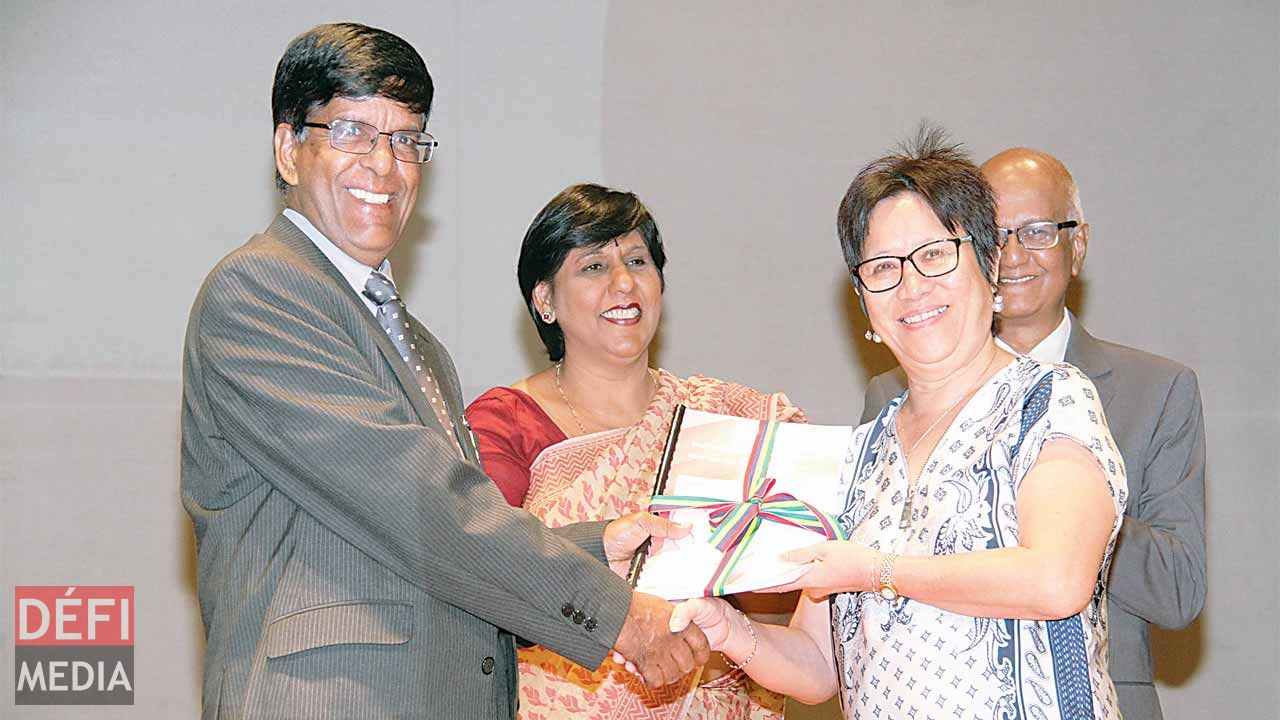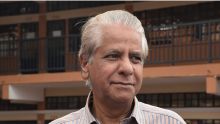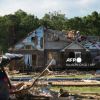
The Nine Year Continuous Basic Education, the long awaited reform of the education sector, encompasses all sub sectors of education and in this context, 2017 has become a crucial year for the primary subsector and 2018 will be called upon to be the watershed year for the secondary sub sector.
Publicité
This statement was made on 13 February 2017 by the Minister of Education and Human Resources, Tertiary Education and Scientific Research, Mrs Leela Devi Dookun-Luchoomun, at the Mahatma Gandhi Institute during the launching of the National Curriculum Framework for Grade 7-9. The ceremony was attended by heads of schools, rectors, deputy rectors and other stakeholders of the education sector.
Minister Dookun-Luchoomun highlighted that the objective of this reform is to bring innovation for students so that their schooling time turns into a life changing experience. She underlined that the education system is a dynamic sector and hence the need to bring in innovation.
The Minister underscored that the products of our education system should experience a wholesome development so that they are capable of thinking independently, be creative, innovative, grow up as people with the right values and become responsible citizens. She pointed out that the reform has the interest of students, at the heart of the system.
She invited the stakeholders, the rectors and deputy rectors, who reckon years of experience, to actively engage themselves in the realisation of this project and collaborate with the government to achieve and sustain the vision for change and transformation. The Minister stressed that this project will only succeed if all stakeholders are committed to drive this reform.
Mrs Dookun-Luchoomun announced that resource materials will be prepared by the Mauritius Institute of Education (MIE) for grade 7 and the 12 academies will admit the first batch of students as from 2021. She added that there will be a reduction of class size, a system of support for students providing early support to reduce learning deficits and the offering a free support mechanism in the system itself for secondary students. She added that a Teacher’s Academy as well as Resources centres will be set up.
The Director of the MIE, Mr O.M Varma, stated that this reform is much needed so as to upgrade the education sector and improve the achievement rate of local students. He stressed that the reform correlates with sustainable goal four, which is to ensure inclusive and quality education for all and promote lifelong learning. He concluded that this endeavour, which started in the early grades, will certainly promote lifelong learning for all.
The National Curriculum Framework for Grade 7-9 outlines in detail what government has mapped out through this reform. It elaborates the accompanying measures of the reform, among which : revisiting the curricula, bringing forth new assessment methods, introduction of the Primary School Achievement Certificate, setting up of academies, transforming learning environments and pedagogies, inclusion of a remedial education and transforming Teacher Education and Professional Development of Educators and School Leaders.

Notre service WhatsApp. Vous êtes témoins d`un événement d`actualité ou d`une scène insolite? Envoyez-nous vos photos ou vidéos sur le 5 259 82 00 !






















